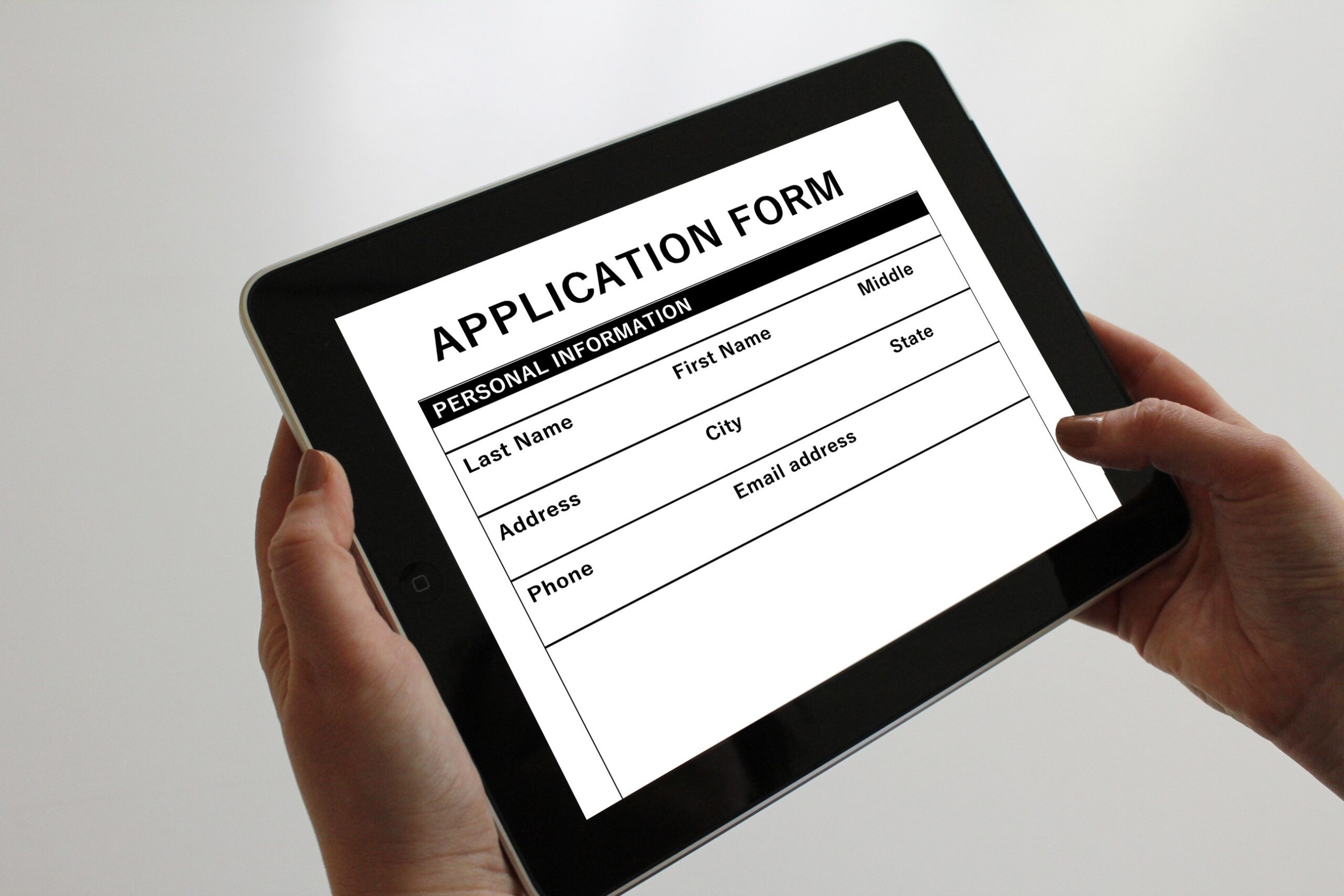
Second marriages may present additional financial challenges when balancing day-to-day expenses with implications for aged care funding. You may not share finances equally, but Centrelink/DVA will assess your obligations as if you do.
Life is full of ups and downs. You might have been unlucky and lost a spouse, but then been lucky to find love again. A new relationship can bring companionship and support but may also bring financial challenges, especially with funding aged care and estate plans.
Some couples may be willing to share a life but may prefer to keep finances separate so inheritances can pass to their own children and family. If you and your partner enter the relationship with differing levels of savings and assets, as a couple you will need to decide how to split or share resources. You may also need to decide whose home to live in or whether to buy a new home.
These decisions need to balance your life plans and your estate plans. You may wish to consider how to ensure your partner is looked after if something happens to you, while also protecting the estate for your own children. These might be conflicting objectives.
From a Centrelink and aged care view, two people living together in a relationship are assessed as a couple. Assets and income are combined and then split equally – regardless of who owns what or how you want to divide your finances.
What defines a couple
If you receive a Centrelink/Veterans’ Affairs (DVA) benefit and your relationship status changes, you need to notify Centrelink/DVA and update your records.
Whether two people are considered to be a couple depends on five aspects, including:
- Financial aspects
- Nature of the household and how household chores are shared
- Social aspects and how the two people present to family and friends
- Any sexual relationship
- Commitment to a permanent and ongoing relationship on an intimate level.
No single factor is definitive in determining status as a couple. An assessor may look at the facts of the case and interview the people involved as well as friends and family to determine whether the two people live separate or shared lives.
The impact on aged care
If your or your spouse need to access aged care services, assessment of your financial capacity (and contribution towards the costs) will use the same relationship status rules that apply for Centrelink/DVA.
If you are a couple, fees are based on half of the combined assets and income. This may see a person moving into care needing to pay fees greater than their individual affordability and needing the other spouse to help with the costs. How this help is provided should be decided with independent financial advice to fully understand the implications. For example, if the person staying at home uses some of their assets to pay accommodation costs as a lump sum for a spouse moving into residential care, this money will eventually be returned to the estate of the care recipient. This means the money may find its way into the other family’s hands, rather than back to the spouse who made the payment.
We can provide advice to help you navigate the rules and consider strategies that are as fair as possible to both members of the couple. This may help to minimise family conflicts. Call us on 1300 451 339 to make an appointment.
Samantha Chivers, Client Services Administrator and Aged Care Consultant
IMPORTANT INFORMATION: This document has been prepared by Periapt Advisory Pty Ltd, ABN 67 648 208 253 AFSL 542418, based on our understanding of the relevant legislation at the time of writing. The information is of a general nature only and has been prepared without consideration of any particular individual’s objectives, financial situation, or needs. Before making any decisions, we recommend you consider independent financial advice. Current at 4 March 2024.
